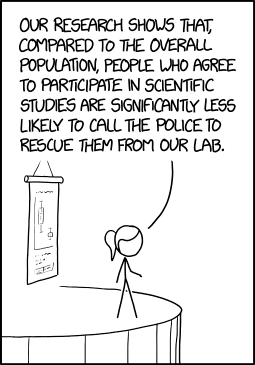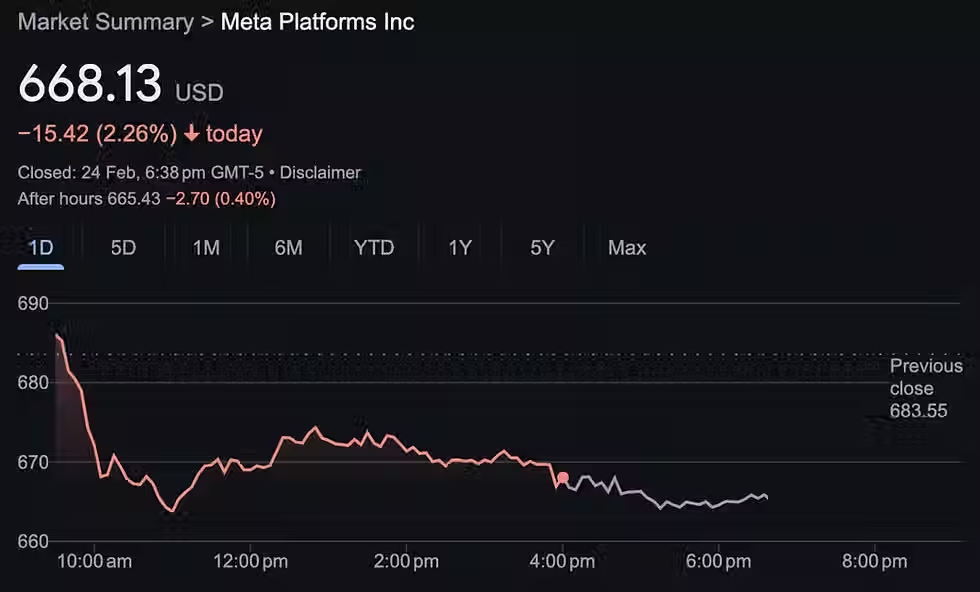Warren Buffett Story [Part 12] Meeting the Father of Value Investing
- Buffett Online School

- Sep 30, 2023
- 3 min read
Updated: Oct 17, 2023

In our last installment, we explored Warren Buffett's academic journey, noting his enrollment in two universities. However, he made a decisive choice to apply to Harvard Business School.
The question arises: Did Buffett's venture into Harvard unfold as he had envisioned? Let's go deeper into his story in this article to find out!
At Buffett Online School, we believe in investing in great companies you understand and utilizing Free Investing Resources to kickstart your investment journey is one of the best ways to learn.
Harvard Dreams and Unexpected Inspiration
In the summer of 1950, Warren Buffett successfully took the entrance exam for Harvard Business School and even had the opportunity for a direct interview with the admissions committee in Chicago. Initially confident, Buffett later told his friend, "The impression the committee had of me was that I was a nineteen-year-old-looking youth who appeared sixteen, but in terms of social skills, I seemed only nine. So, the interview lasted for only about ten minutes." Surprisingly, Harvard Business School rejected Buffett.
Harvard Rejection Leads to Valuable Insight
Was it a big disappointment for Buffett when Harvard turned him down? Surprisingly, it turned out to be a turning point. While in his final year at the University of Nebraska, he came across a famous book by Benjamin Graham, the pioneer of modern value investing. The book was called "The Intelligent Investor." Even though it was relatively new at the time, it had a profound impact on Buffett. As a result, he decided to try his luck at Columbia Business School, where Graham was a teacher. This time, he got accepted.
Becoming a Knowledgeable Bookworm Investor
As we've learned previously, Buffett was a well-known "bookworm" in finance and investment-related literature. He had already read hundreds of books on the subject, so his financial knowledge was on par with professional fund managers. He lacked experienced guidance to steer him and impart the core principles of investing in stocks. Benjamin Graham's investment philosophy offered precisely that, which led Buffett to exclaim, "It was like finding God."
The Essence of Graham's Investment Philosophy
Graham's investment idea concerns determining how much a company is worth. It's like finding a deal – you aim to buy stocks when their prices are lower than what they're worth, and this strategy is called "value investing." The key here is to look at the real value of the business, not get carried away by feelings like hope or fear in the market. Doing this and buying when lower prices reduce the chances of risky investments.
The Groundbreaking Graham-Todd Theory
In 1934, during the Great Depression, Graham and his friend from Columbia University, David Todd, teamed up to write a book called "Security Analysis." In this book, they introduced a new way of looking at investing, called the "Graham-Todd" theory, all about finding good deals in the stock market. This was quite a big deal because, at that time, everyone was mainly into making quick bets in the market. No one discussed figuring out how much a company was worth before investing, so this theory was a game-changer.
In "The Intelligent Investor," Graham compared investing to being a partner in a business. Imagine you own a part of a private business worth $1,000. Now, think of Mr. Market as your partner who's a bit moody. He visits you daily and offers to buy your share or sell you more based on his feelings that day. Sometimes, his offers make sense, matching the business's prospects. But he gets overly excited or fearful at other times, and his offers seem ridiculous. This analogy reminds us that the stock market can be emotionally driven and sometimes irrational.
In short, Graham is trying to tell investors that the stock market can be like a rollercoaster due to people's emotions. This "Mr. Market" guy constantly changes his mind, which doesn't reflect the true value of stocks. Real investors don't get caught up in Mr. Market's mood swings. Instead, they stick to their strategies. People who always follow Mr. Market's ups and downs are more like gamblers, not investors!
So, what's the difference between investors and gamblers? Stay tuned for the next article, where we'll keep exploring "value investing" with Benjamin Graham!
Join Our Free 2-Day BOS Value Investing MBA
At the Buffett Online School, we believe in learning the right investing mindset and system to start cultivating emotional detachment and grow our wealth safely and substantially in the long run.
Our next 2-day BOS MBA Value Investing Online Bootcamp is happening soon! We will teach you how to use Warren Buffett's proven investing method to maximize your portfolio.
Remember, you can cultivate the right investing mindset and unlock your potential to build wealth through intelligent investing. Together, we can create a network of educated investors who make informed decisions and contribute to their financial well-being!
In the meantime, feel free to check out some of our blog posts to continue learning. You can also join our BOS Telegram channel for more investing insights!





I appreciate how The Koko Kids always shares the best family-friendly places in Dubai! Their list of kid-friendly restaurants made our weekend so special. The venues were beautiful, food was excellent, and the staff were so kind to children. Dining out as a family has never been this enjoyable—highly recommended! Kid-Friendly Restaurants in Dubai
Bet PKR Game has gained a great popularity among the Pakistani game players. It is famous by the presence of strategy and social play. BetPKRVIP is a combination of poker and standard casino games.
GTA 5 APK refers to an unofficial Android package (APK file) that allows users to play and enjoy this video game on their mobile devices. It is important to note that Rockstar Games has not officially released GTA 5 for mobiles.